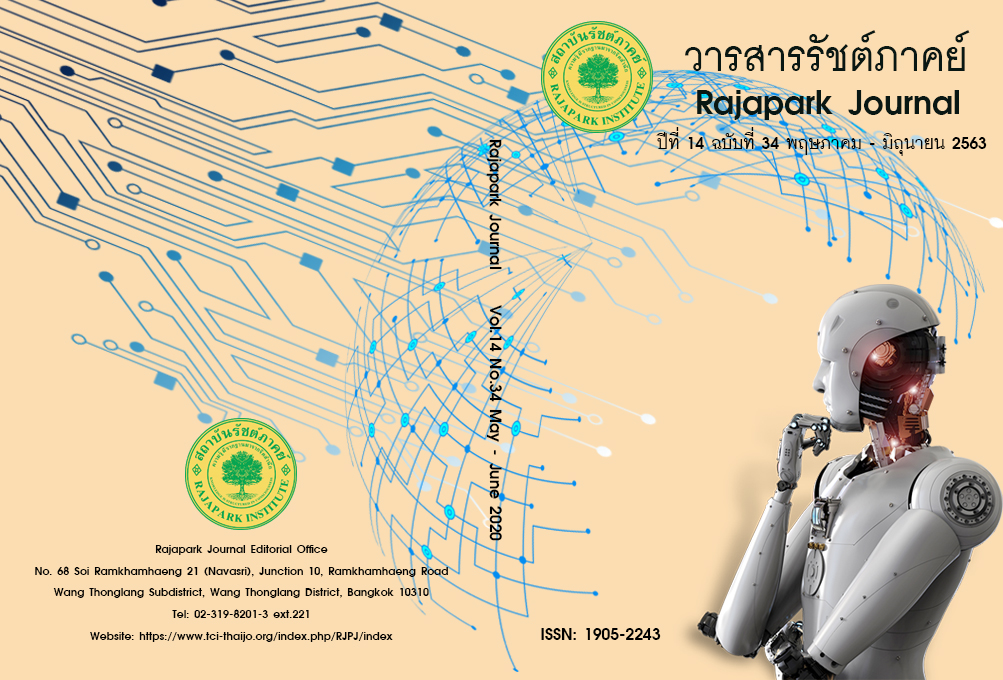Public Administration Paradigm
Main Article Content
Abstract
The paradigm in public administration has improved substantially from the past to the present. Due to the increasingly complex social context, many scholars have tried to propose new ideas in line with the economic context. Society and politics Therefore making traditional public administration (OPM) that emphasizes organizational structure and hierarchy is passed to the new public administration (NPM) that focuses on competition to make the work more efficient and lead to more diverse concepts such as new public management (NPG), new public service (NPS) to make public management consistent with the changing environment.
Article Details
Views and opinions appearing in the Journal it is the responsibility of the author of the article, and does not constitute the view and responsibility of the editorial team.
References
Denhardt, R.B. (2008). Theories of Public Organization (5rd ed). Thomson West. United States of
America.
Dunleavy, P.& Hood, C. 1994). From Old Public Administration to New Public Management. Public
Money & management, 14(3), 9-16.
Dong, L. (2015). Public Administration theories: instrumental and value rationalities. PALGRAVE
MACMILLAN: United states-a division of St.martin’s Press.
Hood, C. (1991). A Public Management for All season. Public Administration, 69(1), 3-19.
Hugh, O.E. (1994). Public Management and Administration: An Introduction. New York: St. Martin’s
Press, Inc.
Kettl, D. (2000). The Global Public Management Revolution. Washington, D.C. Brookings Institute.
Kooiman, J. (1999). Social-Political Governance: Overview, Reflections and Design, Public
Management Review, 67-92.
Mala, T. (2018). New Public Governance: NPG: Concept and Apply in Local Management. Valaya
Alongkorn Review (Humanities and Social Science), 8(1), 179-194.
McCourt, W. (2013). Model of Public Service Reform: A problem-Solving Approach. Policy Research
Working Paper, No.6428. Washington D.C.: The World Bank.
Osborne, D. & Gaebler, T. (1992). Reinventing Government. Reading, MA: Addison-Wesley.
Osborne, S.P. (2006). The New Public Governance. Public Management Review, 8(3), 337-388.
Osborne, S.P. (2010). The New Public Governance. Emerging Perspectives on the Theory and
Practice of Public Governance. New York: Routledge.
Pollitt, C. (2003). The Essential public manager. Maidenhead, Philadelphia: Open University.
Salamon, L. (2002). The Tools of Government: A Guide to the New Governance. New York: Oxford
University.
Zhang, G. (2007). Public Administration. Bijing: Peking Unversity.


